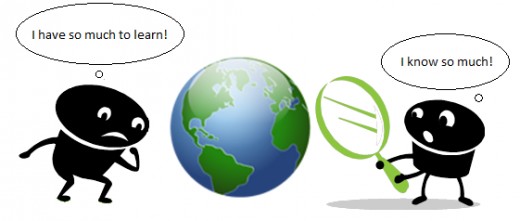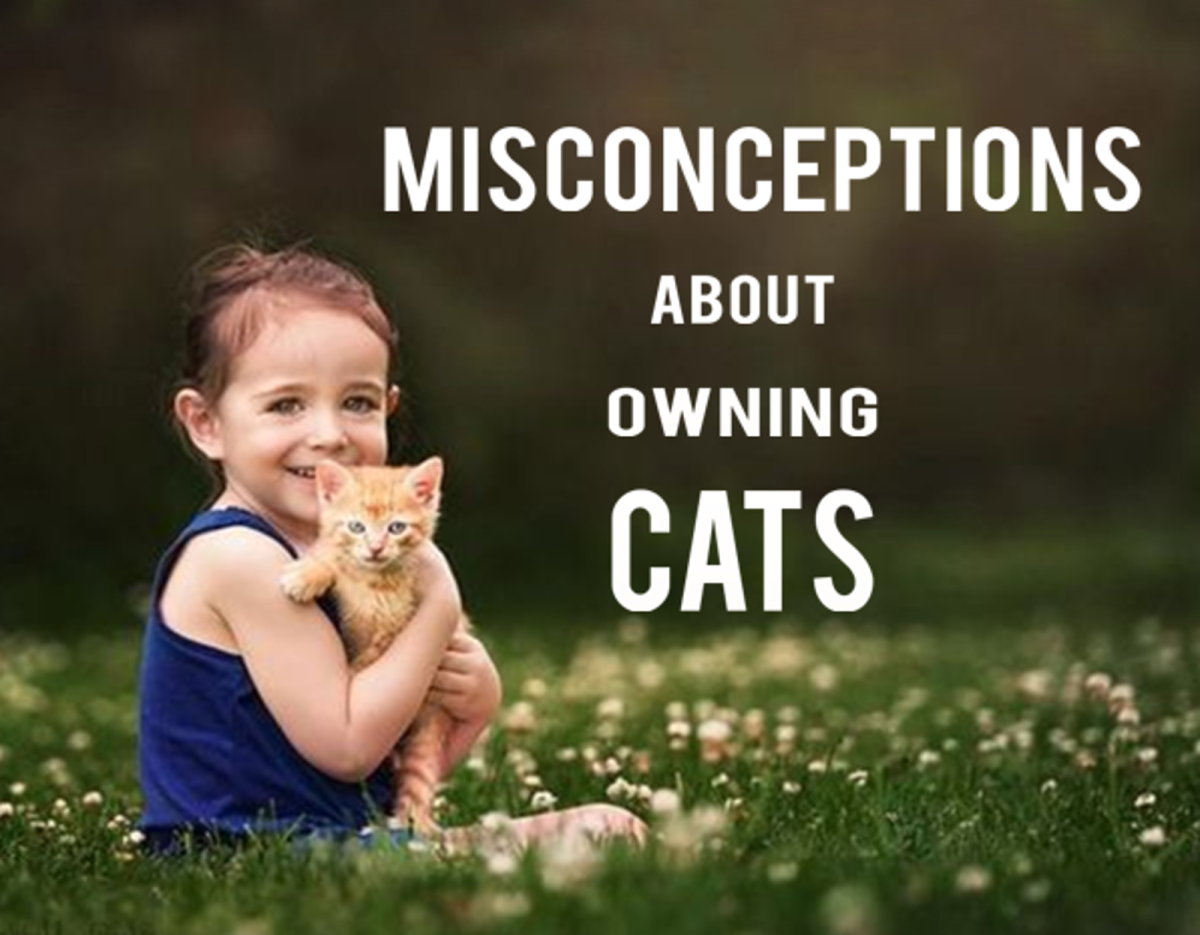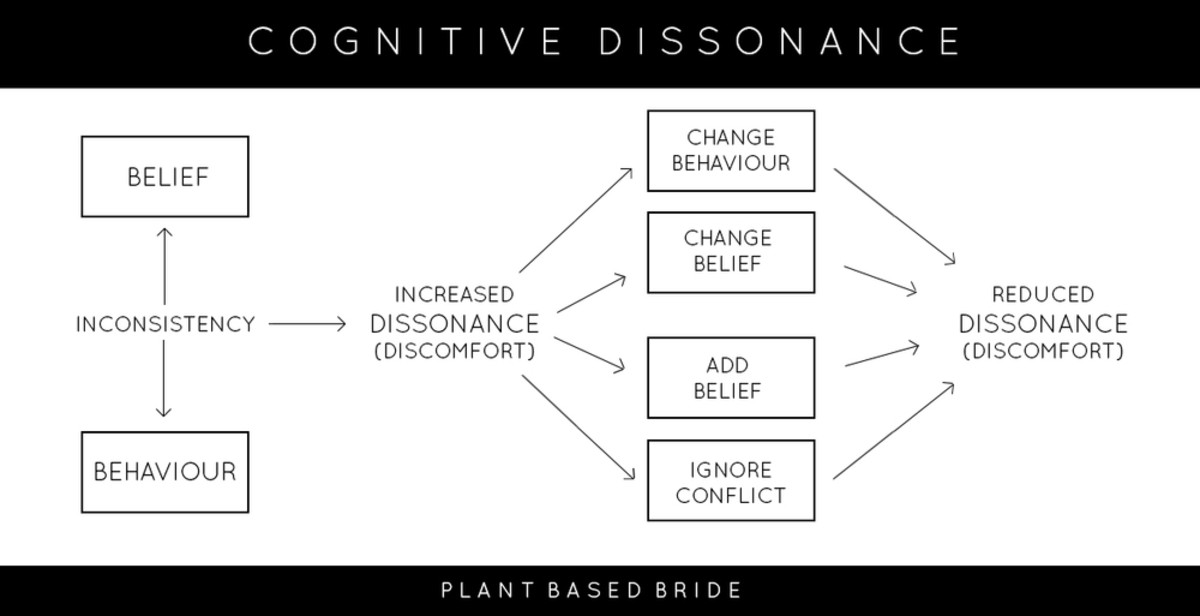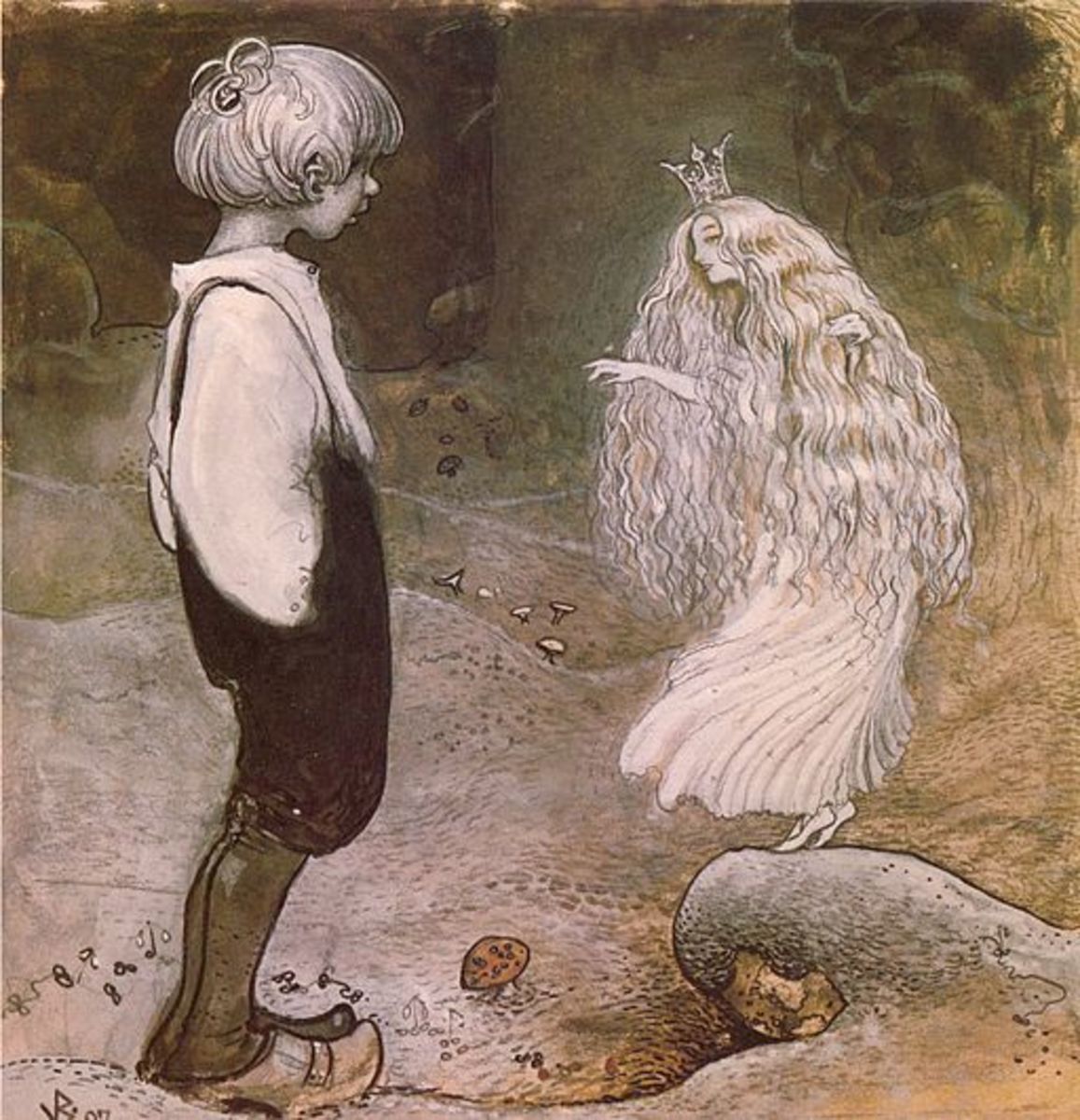The Dunning-Kruger Effect: Misconceptions about Incompetence
Other Articles I Wrote About Psychology
Explanation
The Dunning-Kruger effect is most easily explained as an example.
Sara and Kelly work in a factory and perform the same task, they both make stuffed bears. Sara has been working at the factory for years, and understands what makes a good stuffed bear, proper stitching, correct placement of the eyes and ears, etc. When she makes a mistake, for example she misses a stitch, or tears the bear, she understands that she messed up the bear and has made a mistake. Sara makes a mistake assembling the bear about 5% of the time, and recognizes that she has made a mistake every time. Kelly is different. She just started working in the factory a week ago and is much less skilled than Sara at making bears, and also less skilled at recognizing when she has made a mistake. She makes a mistake assembling the bear 25% of the time, and only recognizes her mistake 4% of the time. This means that from Kelly's point of view she is only making a mistake 1% of the time. When Kelly and Sara talk during their breaks in the bear factory Sara says that she makes a mistake assembling the bear 5% of the time and Kelly says that she made a mistake 1% of the time. After the conversation both Kelly and Sara think that Kelly is better at the task. This leads to Sara wrongly believing that she is inferior to Kelly, and Kelly believing that she is superior to Sara in completing the task. A cognitive bias has been formed due to Kelly's inability to recognize her own incompetence, and Sara's misconceptions about Kelly's abilities.
Employee
| Actual Performance
| Perception of One's Mistakes
| Believed Performance
| View of Self
|
|---|---|---|---|---|
Sara
| 95%
| 100%
| 95%
| Inferior
|
Kelly
| 75%
| 4%
| 99%
| Superior
|
"the miscalibration of the incompetent stems from an error about the self, whereas the miscalibration of the highly competent stems from an error about others" Justin Kruger, David Dunning
Applications
The Dunning-Kruger Effect can be applied to almost anything that compares the knowledge of two people. Whether it be job performances, love lives, or any type of task or skill chances are the effect is taking place. The majority of information that we use to determine someone's competence with a skill or task, isn't observation but rather by conversation. If your friend tells you that they are really good at skateboarding you might determine that they are better at skateboarding than you. In reality, the comparison you just made had a crucial flaw, you forgot to take into account your recognition of your own incompetence, as well as theirs. Your friend might have just started skateboarding with some other amateurs and stood out, meanwhile you skateboard with professionals but are the worst of the bunch. A mistake has been made. Interestingly the effect can be applied to two causes of incorrect judgement of incompetence, intelligence and skill. A less intelligent person who is less aware of the world around them may think they are very smart and knowledgeable because they are unaware of the vast amount of information that they don't possess, while a highly intelligent person who is highly aware of the world around them grasps that there is so much more for them to learn and comprehend, leading him to believe that he isn't very smart, and has just scratched the surface of intelligence. This leads to a 'dumb people think they're smart and smart people think they're dumb' scenario that seems common, especially in American culture.

"One of the painful things about our time is that those who feel certainty are stupid, and those with any imagination and understanding are filled with doubt and indecision" Bertrand Russell
Counteraction
As people we are always comparing oneself to others, it is simply human nature. Whenever we see ourselves making a rash judgement about ones superiority or inferiority to someone else we need to stop and ask ourselves what information we are using in that conclusion. We need to take into account possible bias, and recognize the medium that you have received the information through. Conclusions about other peoples skills based on word of mouth are almost useless, while observations of other peoples skills are much more reliable. This is especially useful in the work force where peoples livelihood can be based on performance. Businesses often gauge and record employee productivity, but those that don't have taken quite a gamble. This can lead to an employee with false confidence being promoted, sometimes even all the way to CEO. I wouldn't be surprised if many of the top positions at some of America's largest companies have been filled incorrectly. Having less skilled, or less intelligent people dominate over more skilled, or more intelligent people that are viewed as inferior cannot be healthy for any society.






